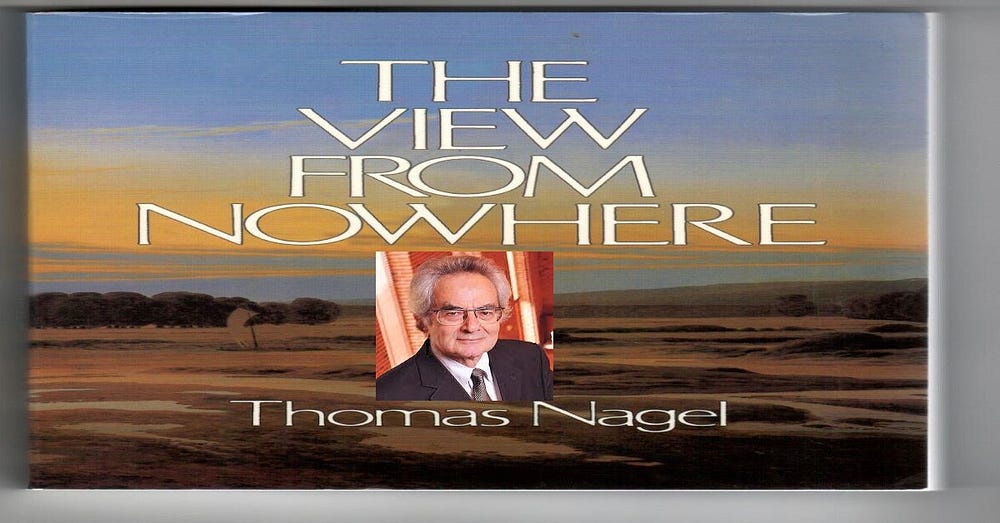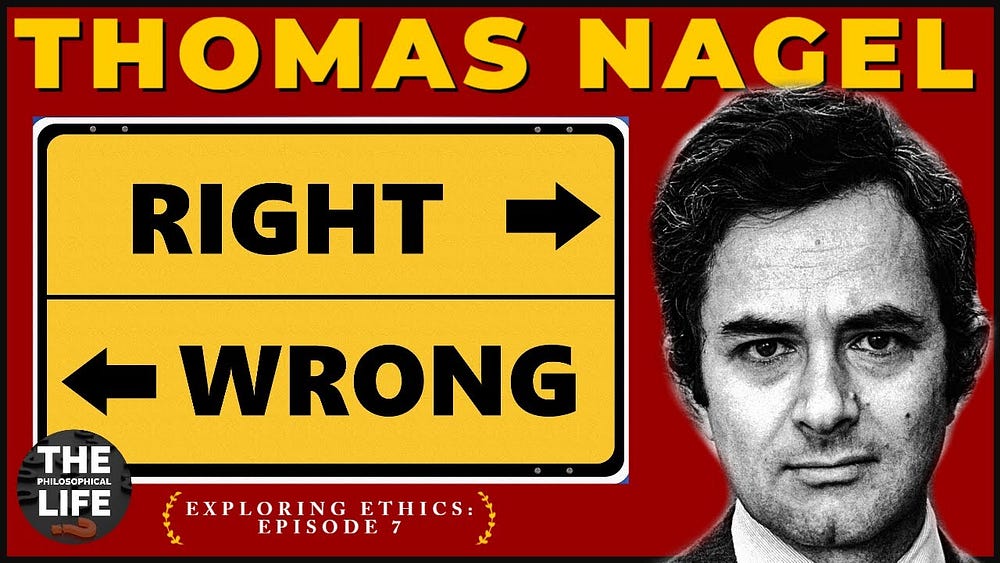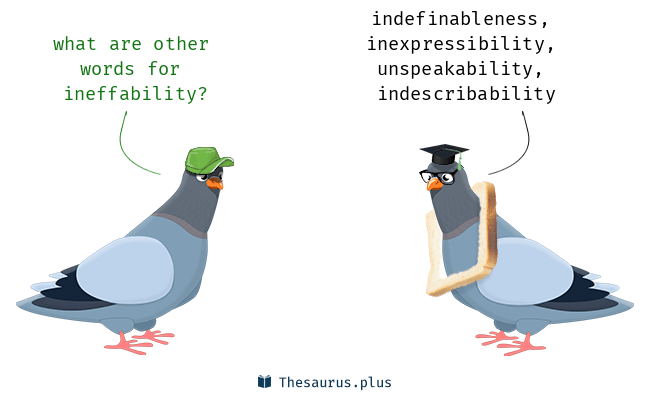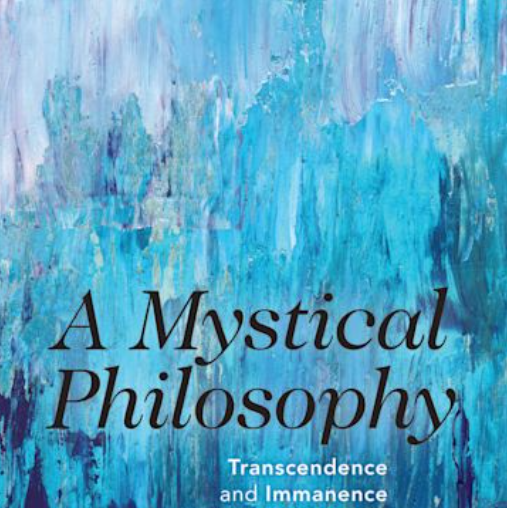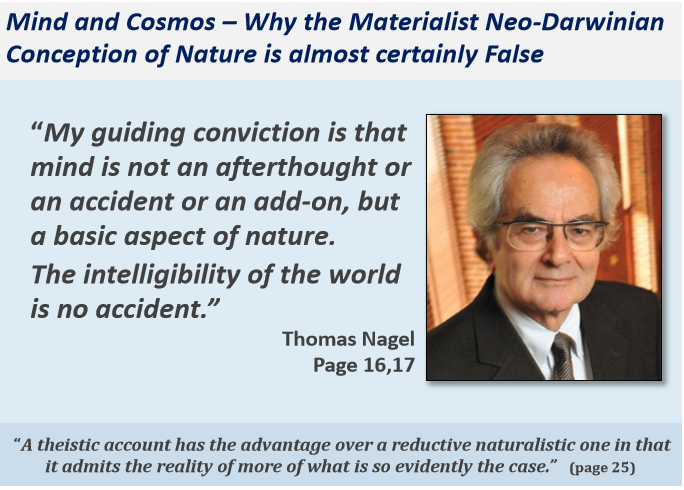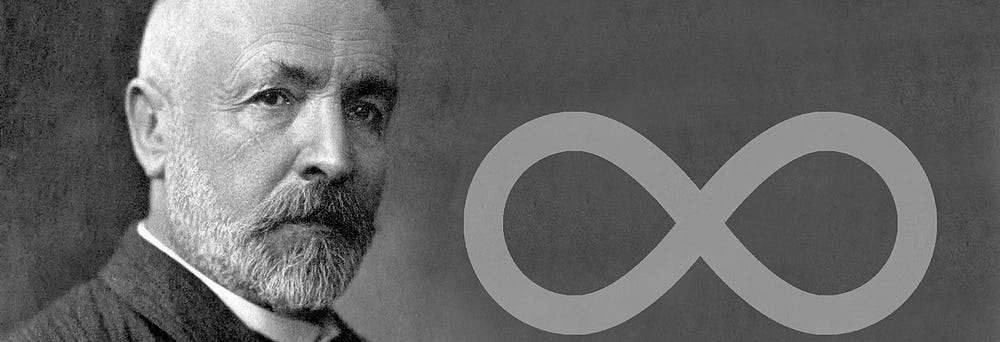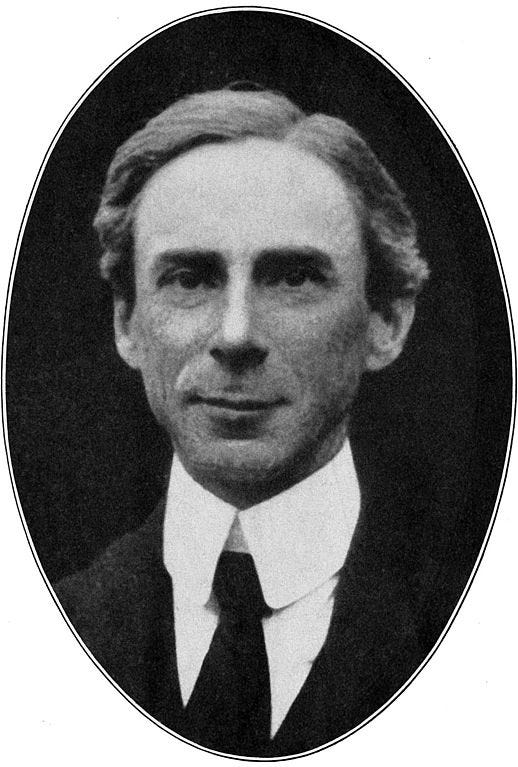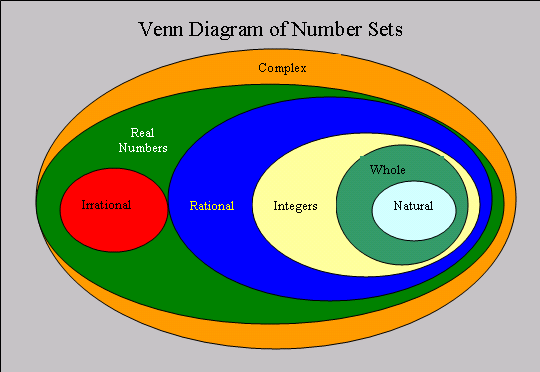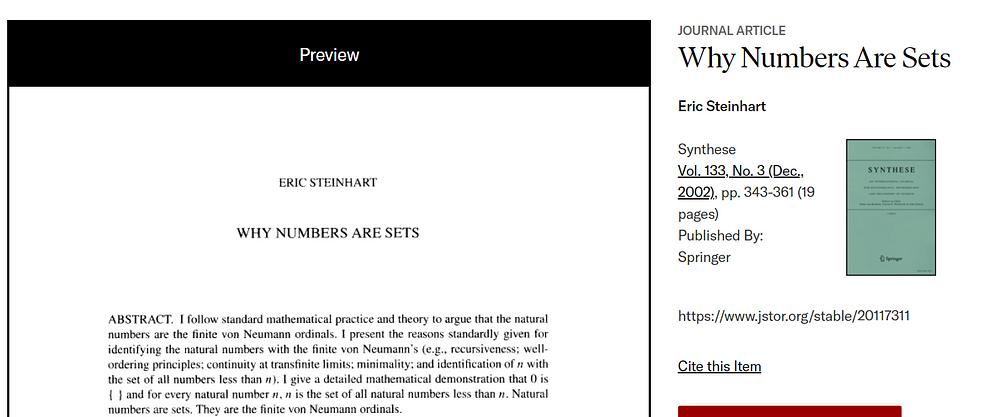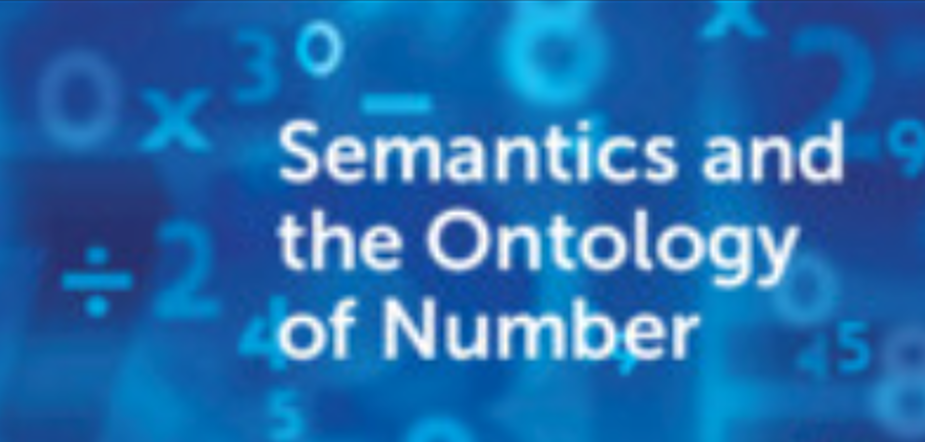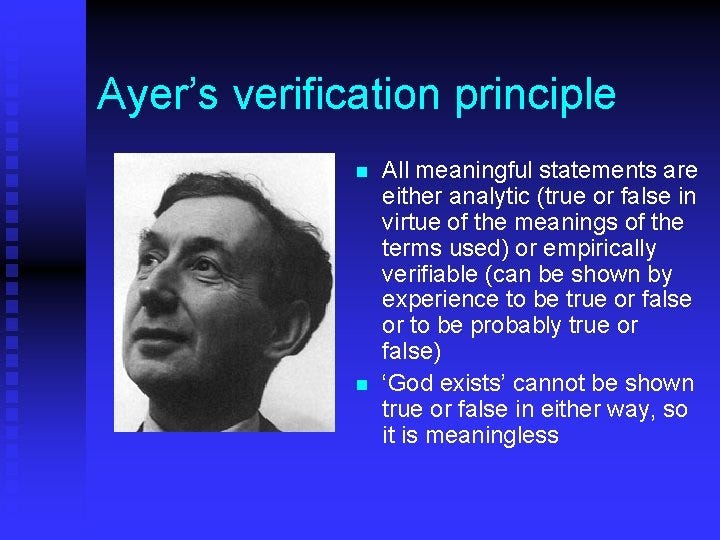Thomas Nagel fights “Darwinist imperialism” and Naturalism

“The total world-view of modern man [has] let itself be determined by the positive sciences [which has resulted in] an indifferent turning-away from the questions which are decisive for a genuine humanity.”
— Edmund Husserl (see source here)
Skip the following square-bracketed introduction if you’ve already read my ‘Thomas Nagel as Philosopher-Priest and New Mysterian (Part One)’.
[This essay was written quite some time ago. The style is somewhat rhetorical, literary and (as it were) psychologistic. That said, I still agree with much of its philosophical content. However, if I were to write it today, the style would be a little different. Indeed most analytic philosophers would probably regard this essay as one long ad hominem against the American philosopher Thomas Nagel (1937-). Sure; there is an element of the ad hominem in the following. Yet hopefully it will be shown that there’s more to the essay than that.
In fact I chose to write in a rhetorical style partly in response to the clear and prevalent rhetoric and “psychologising” I found in Thomas Nagel’s own book, The Last Word.
In addition, the prefix “new” in “new mysterian” is a little dated (i.e., new mysterianism is no longer new) because the term was first coined in 1991 by the American philosopher Owen Flanagan (1949-). (See Flanagan’s The Science of the Mind.) What also needs to be said is that I’m using Flanagan’s word “mysterian” more widely and more literally than he does. That is, in Nagel’s case I’m stressing Nagel’s mysterianism and mysticism across the board. Flanagan, on the other hand, only (really?) had mysterian positions on consciousness in mind. That said, the term “new mysterianism” has also been applied to the wider position that there’s far more than one “hard problem” (i.e., the “hard problem of consciousness”). It also includes the belief that science is intrinsically and fundamentally limited in many respects. This is a self-conscious kind of anti-scientism.]
********************************
Thomas Nagel’s General Anti-Naturalism
In the following I shall discuss Thomas Nagel’s desire to keep the human person (or “man”) securely away from any attempts to naturalise him or her.
This desire, of course, has a long tradition dating back to the ancient Greeks. A whole host of characteristics of the human subject have been put forward as truly distinguishing us from not only all the other animals; but also from the rest of the universe.
Originally, man was “the only rational animal” (laughter was also offered up by Aristotle). Then we had, in no particular order, the mind, the soul, the love of God, language, free will, “complex social structures”, music and so on. More recently, the distinguishing features of man which have been cited (at least by philosophers) have been meaning and intentionality. These characteristics are meant to distinguish man from everything else in the universe. The problem with that enterprise is that although there may well be features of human persons (or “mankind”) which distinguish them from everything else in the universe, every other thing in the universe probably has distinctive features that differentiates itself from human persons — and indeed from other non-humans too. (For example, having a hundred legs, being able to survive a mile under water, being able to live in freezing temperatures, having intrinsic spin, travelling at the speed of light, being able to penetrate solid walls… ad infinitum.)
There’s another manoeuvre which is of more recent origin. This is the stressing of aspects of man that can’t be naturalistically reduced to straightforwardly physical features. Here we have intentionality again, semantics, the “the intrinsic nature of the first-person perspective” and qualia.
The main threat against Nagelian mysticism or mysterianism is posed by what Nagel calls “Darwinist imperialism” (see here and here). What Darwinism does, according to Nagel, is
“eliminate purpose, meaning, and design as fundamental features of the world”.
My immediate reaction to that is that the vast majority of Darwinians probably don’t have anything at all to say about “meaning”. So perhaps Nagel is actually talking here about (as it were) Darwinist philosophers like Daniel Dennett.
So does “naturalistically reducing” automatically mean elimination?
The old religious account of “purpose” may well be eliminated; though what of meaning? (There are very few “naturalist” semantic eliminativists.)
As for “design”: it depends on what Nagel means. And, in any case, even many Christians have finessed their views on the world’s design by taking into account Darwinism. That said, perhaps I’m misinterpreting Nagel’s reference to the world’s “design”. After all, he does frequently stress (e.g., in almost every interview) that he’s an atheist.
More broadly, what the Darwinian picture offers us is a denial of Nagel’s assertion that “mind is an irreducible and nonaccidental part [of the] cosmic order”. I suspect that few Darwinists (certainly not all physicalists) believe that the mind is in fact (fully?) reducible (see non-reductive physicalism). However, all most certainly do believe that mind is an “accidental” result of biological evolution and all the cosmic physical processes that preceded it. This means that Nagel’s fusing of the irreducible and the nonaccidental is suspect and somewhat arbitrary.
Again, bearing in mind that Nagel claims to be an atheist, what can he mean by saying that the mind is a “nonaccidental part [of the] cosmic order”? And it also depends on what he means by “reduction” or the mind being “reducible”. Perhaps the mind can’t be reduced in the way a table can’t be reduced (i.e., to atoms and molecules) without losing its essential (as it were) tablehood. (This simply means that physicists wouldn’t be the ones who explain to us that tables are for eating or for playing tennis on.)
Nagel offers us another criticism of the Darwinian story of mind. He lets Mark Johnston articulate it in the following way:
“‘Why is the natural order such as to make the appearance of rational beings likely?’”
According to Nagel, the only acceptable answer to the above question must be a “teleological” one. And I can’t help thinking that whenever teleological explanations are brought to bear on the appearance of mind (or Soul), then that telos is invariably God. (Keep in mind. Nagel’s earlier reference to “design”.) Nagel will certainly believe that any mention of “design”, “teleology”, the “nonaccidental appearance of mind” and its “irreducibility” within a theistic/ Christian framework would make many other analytic philosophers take him less seriously. That said, the analytic philosophers Richard Swinburne, Alvin Plantinga, Antony Flew, William Alston, Linda Zagzebski, Paul Moser, etc., on the other hand, are explicit about their “Christian theism” and other religious or Deistic positions. (Take Richard Swinburne’s position on personal identity: it’s an explicit commitment — if not a simple reworking - of the Christian position on the soul. And Alvin Plantinga slips God into many of his papers.)
Again, it is in Nagel’s attitude to reason that the philosopher’s quasi-mysticism or mysterianism can be seen.
Reason, Mind and Intentionality
So why does Nagel feel the need to say that the “basic methods of reasoning we employ are not merely human”? What could that possibly mean other than being a religious or mystical statement? To put it starkly: Nagel must surely believe that reason and mind are not “human” — or at least they have no relation to the biological and historical. He must believe, them, that reason is a faculty of a non-corporeal soul.
Another mantra of Nagel’s is that human subjects are not objects. This position is clearly seen in certain debates in the philosophy of mind. More precisely, Nagel vehemently rejects all attempts to what may be called scientise the mind. This can be seen in the on-running third/first person debate. Nagel believes that there is something about the first-person perspective that could never — even in principle! - be caught by the third-person language of science. Nagel also famously believes that no scientist could ever tell us “what it is like to be a bat”; or, indeed, what it is like to be Thomas Nagel.
Most of Nagel’s anti-naturalistic fire has been aimed at those who have attempted to naturalise (or reduce or eliminate) intentionality and qualia. He wrote:
“Intentionality cannot be naturalistically analysed…nor can it be given naturalistically sufficient conditions. It is not to be captured by either physical or phenomenological description.”
Nagel’s argument also seems to be that whatever we say about the evolutionary heritage of intentionality (i.e., if we accept such a thing), or the physics and neurobiology which underpins it, we could never indulge in (as it were) a priori reasoning to satisfactorily arrive at the effect (i.e., intentionality and qualia) exclusively from the causes (i.e., natural conditions). And even if we work backwards with purely a posteriori reasoning from the phenomena of intentionality and qualia, natural conditions may be necessary; though they would never be sufficient for a satisfactory explanation of intentionality. In fact with intentionality, it’s believed that human subjects have something that the rest of the universe simply doesn’t have. Intentionality sticks out like a sore thumb both in nature and in the minds of non-naturalist and mysterian philosophers. Indeed Nagel believes, as Brentano believed over 100 years ago, that “aboutness” is irreducible.
So Nagel argues that he can place intentionality firmly outside the causal nexus. He claims that
“it is possible to accept a worldview that does not explain everything in terms of quantum field theory without necessarily believing in God”.
Nagel continues:
“[I]t seems hardly credible that its [the mind’s] appearance should be a natural accident, like the fact that there are mammals.”
So if the mind’s (or soul’s) appearance isn’t a “natural accident”, then is it a supernatural… what?
*******************************
See my: ‘Thomas Nagel as Philosopher-Priest and New Mysterian (Part One)’.
To follow: ‘Thomas Nagel on Good and Bad Philosophy (Part Three)











